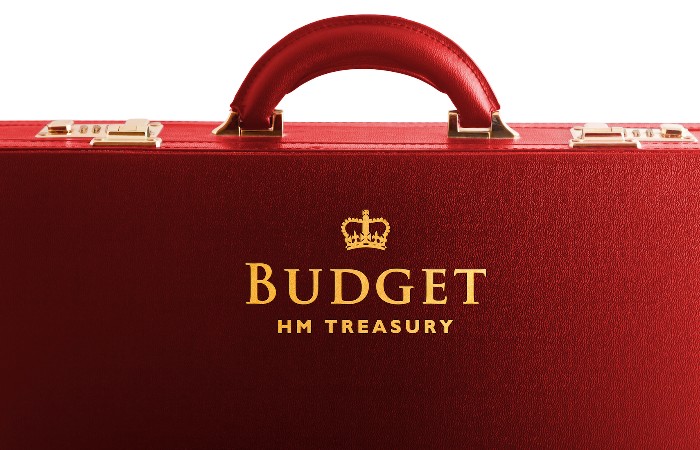Budget made no mention of pharmacy, laments NPA chief
In News
Follow this topic
Bookmark
Record learning outcomes
National Pharmacy Association chief executive Paul Rees has said he is concerned chancellor Rachel Reeves’ budget yesterday made no mention of help for community pharmacies despite her announcement of £22.6 billion in funding for the NHS.
Reeves described the “record injection of funding” as a “down payment” for the government’s 10-year plan and insisted it was “the largest real terms growth in day-to-day NHS spending outside of Covid since 2010.”
However, Rees warned the increase in employers' national insurance contributions from 13.8 per cent to 15 per cent and rise in the national minimum wage will heap even more pressure on already financially stretched pharmacies.
“Millions of people who depend on local pharmacies will be holding their breath, hoping that the £22.6 billion increase in health spending announced by the chancellor will include money to stem the devastating closure of local health services in the past decade," he said.
“There's absolutely no mention in the budget of action to halt the closure of our vital NHS pharmacy network, which has been shrinking at the rate of seven a week as pharmacies are forced to close through underfunding.”
Rees insisted the government has “a huge opportunity to transform local health services for the better” but said he hoped “the detail includes desperately needed funding to halt the decline and realise the immense potential of the pharmacy network.”
CPE: Budget will impose cost increases on pharmacies
Community Pharmacy England chief executive Janet Morrison was concerned the budget failed to provide “any clarity on whether relief is on the way” for the pharmacy sector.
Insisting it will “impose yet more cost increases on community pharmacy businesses,” she said: “As we have been saying for many months, community pharmacies need an urgent injection of funding to put a stop to the ongoing financial crisis in the sector.”
She warned more pharmacies will close without “funding relief” which would see “more patients going without advice and medicines and turning to other parts of the health service.”
Morrison also said CPE was ready to restart funding talks with the government immediately. “These discussions will be absolutely critical for the survival of community pharmacy, and indeed for the millions of people who rely on pharmacies every day,” she said.
Numark chair: NI rise will place unbearable strain on pharmacies
Numark chairman Harry McQuillan said community pharmacy must be “central” to its NHS plan and hoped for more details from health secretary Wes Streeting in the next few days. However, McQuillan warned the increase in national insurance “will place an unbearable strain on community pharmacies across the country.”
“They have no ability to increase the prices they charge the NHS in an attempt to offset this direct tax on pharmacy team costs,” he said. “The situation is critical in England and Northern Ireland and will have an impact in Wales and Scotland.”
The English Pharmacy Board chair Tase Oputu said it was “vital” the government invests in pharmacies in order to move care out of hospitals and into communities and address health inequalities.
She said there was “a pressing need to invest in hospital pharmacy, upgrade ageing facilities and accelerate the roll-out of electronic prescribing.”
Oputu also called for prescription charges to be scrapped, pharmacist prescribing to be backed up with funding and pharmacy students to have access to the Learning Support Fund.
CCA chief: Pharmacies “are very concerned” about the impact the budget
Company Chemists’ Association chief executive Malcolm Harrison said pharmacies “are very concerned” about the impact the budget will have on them.
“The community pharmacy sector has faced a decade of funding cuts amid a mounting NHS workload, and we have already seen a loss of 1,200 pharmacies from our communities since 2015,” he said.
“It is very likely that increases to employer national insurance contributions, the national minimum wage and business rates will further negatively impact on investment and jobs across the pharmacy network.”
Insisting Labour must invest in pharmacies now, Harrison said: “Our members have all invested heavily in infrastructure and technology to enhance efficiencies and improve productivity, and pharmacists specialise in delivering preventative health care.
“Community pharmacy can help the NHS to deliver for the public, but to do so the government must now invest in this vital sector.”

